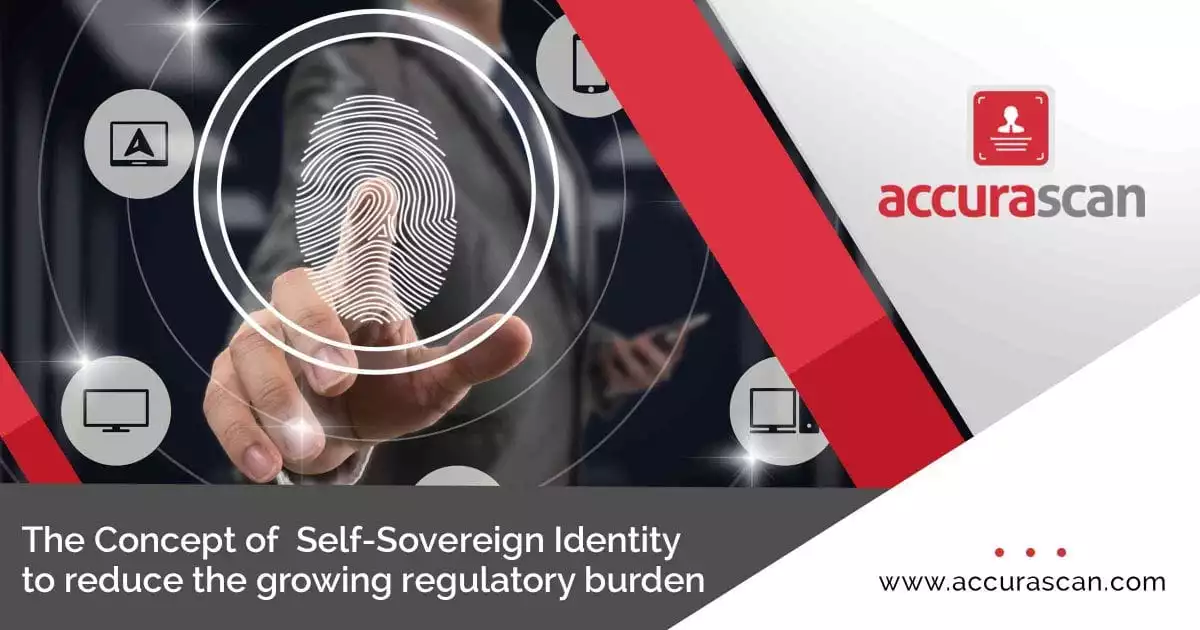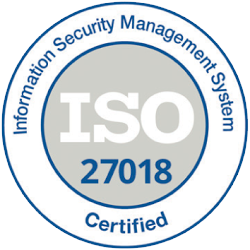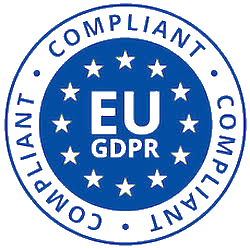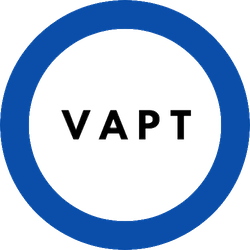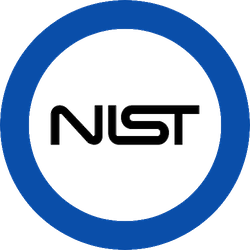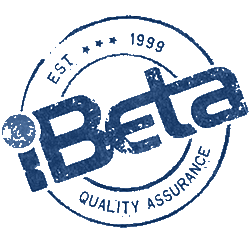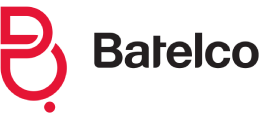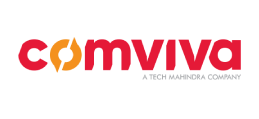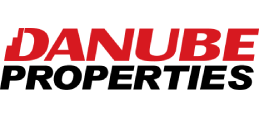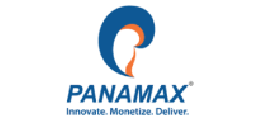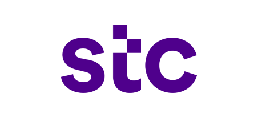Banks have an entire slew of administrative prerequisites all centred on making sense of who their clients are – Know Your Customer (KYC), Anti Money Laundering (AML), Anti-Terrorism Financing (ATF). The Financial Action Task Force (FATF) commands consistence comprehensively and the expense to do all the checks required are very high.
Quite a bit of it includes seeing paper archives and attempting to make sense of on the off chance that they are genuine/authentic or not. Regardless of whether one is based inside a specific circumstance, where something like eaIDAS is applied, a large portion of those plans are situated to government interoperability and there are more than 200 distinct plans in Europe – so they aren’t really interoperable and generally they were not intended for private sector use.
How can Self-Sovereign Identity technology tackle these challenges?
Self-Sovereign Personality innovation is made by some existing technologies meeting up in another manner to empower limitlessly adaptable minimal effort alliance. These innovations incorporate cell phones, public key infrastructure (PKI), distributed ledgers (blockchains), individual cloud computing, and they are based on two open standards developed by the World Wide Web Consortium (W3C) – a worldwide network where Part associations, a full-time staff, and the open work together to create Web guidelines.
These gauges are called Decentralised Identifiers (DIDs) and Obvious Certifications. Together they bolster people by having the option to get accreditations from a backer, similar to a government, and present them to a verifier, similar to a bank, all without specialized league. This implies the bank doesn’t need to ‘interface’ with the administration to make sense of if the certification is substantial or not. The bank basically looks into the Decentralized Identifier of the giving party to discover in its related Documented the open keys related with the private keys used to sign the record and uses this to affirm the digital report’s legitimacy.
As the future of self-sovereign identity solutions depends on the appetite and adoption of users, from your experience, do individuals want (or even have the capacity) to manage their personal data themselves?
These innovations are new however are really established in very surely known ideal models of trade. The computerized variants of qualifications act ‘equivalent to’ paper and plastic reports people convey in their wallet. At the point when people present paper archives, they don’t ‘telephone home’ to the backers. The ideal models for the client experience are as yet being improved by organizations chipping away at the new advances and the ones, I have seen map well to the analogies of a physical wallet.
There is a great deal of work being done to refine the client experience for decentralised personality nuts and bolts like trading certifications. I do imagine that, with further developed abilities to share and deny information, new client experience ideal models will be required. A few people are likewise discussing how one can have individual man-made consciousness operators that take a shot at a person’s sake with the goal that the individual themselves isn’t doing ‘all the management’
A lack of regulatory certainty creates market uncertainty and a barrier for the adoption of self-sovereign identity, particularly for highly regulated industries such as financial services. Could this be an impediment when it comes to market adoption?
A ton of work is being finished by some extremely incredible people to teach governments about the capability of these advances in Europe. The Character Working Gathering of the German Blockchain Affiliation distributed a position paper on how self-sovereign personality can empower personality. The European Union Blockchain Observatory and Gathering has distributed Blockchain and digital Identity. There are endeavours given in something to do with European governments to adjust the rising Self-Sovereign character to the current eIDAS technologies. A European Self-Sovereign Character System has been advanced and looks encouraging.
Accura Scan, a pioneer in scanning technology is a perfect solution for the onboarding and KYC of the new customers. At Accura Technolabs, it is our mission to replace the manual KYC onboarding. You can check out more information about us here- https://accurascan.com/download

